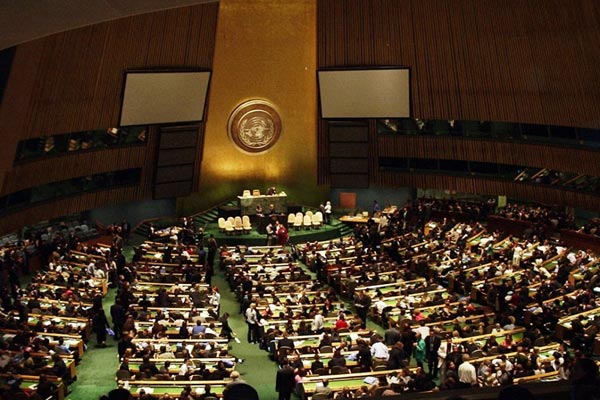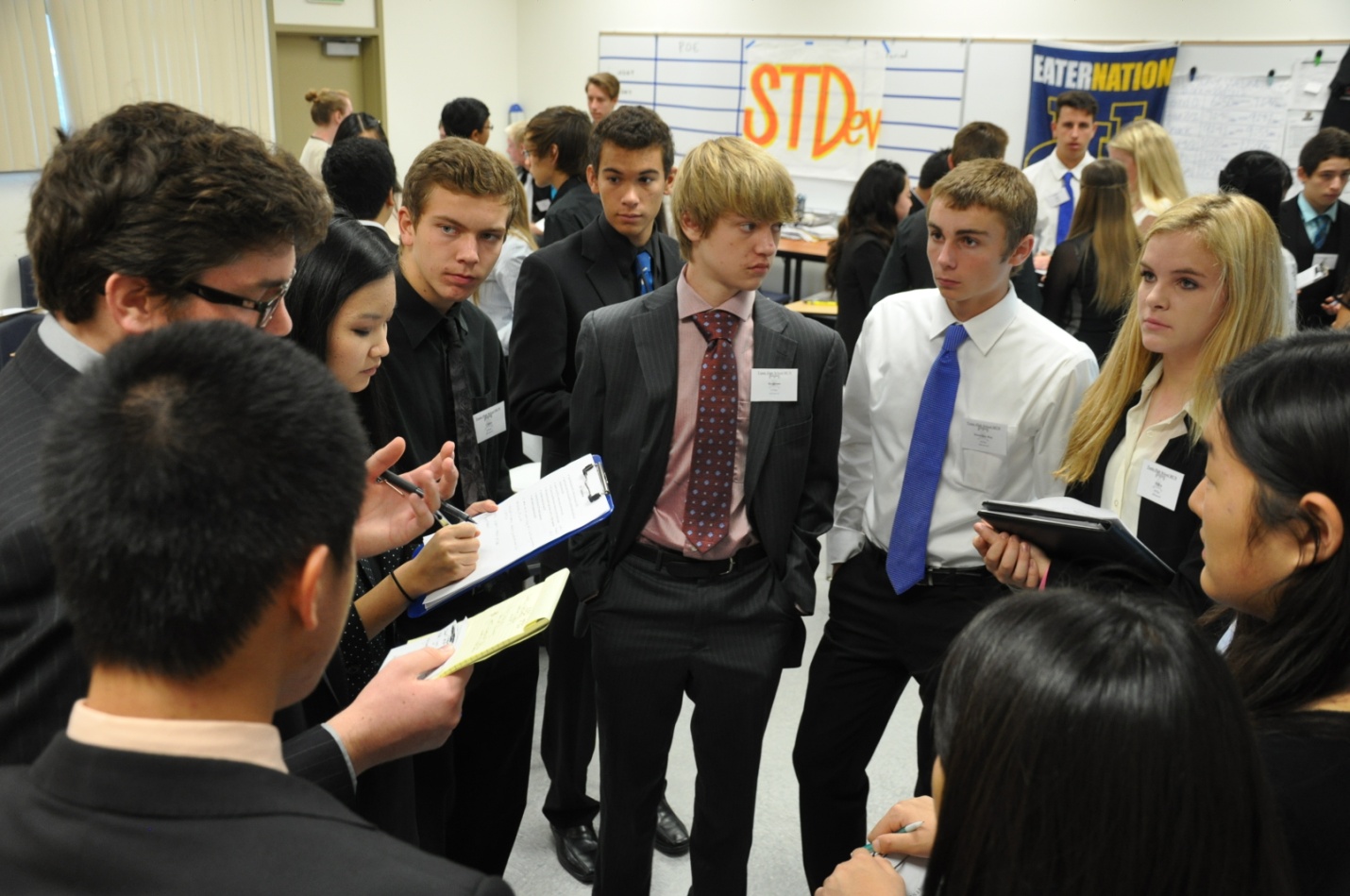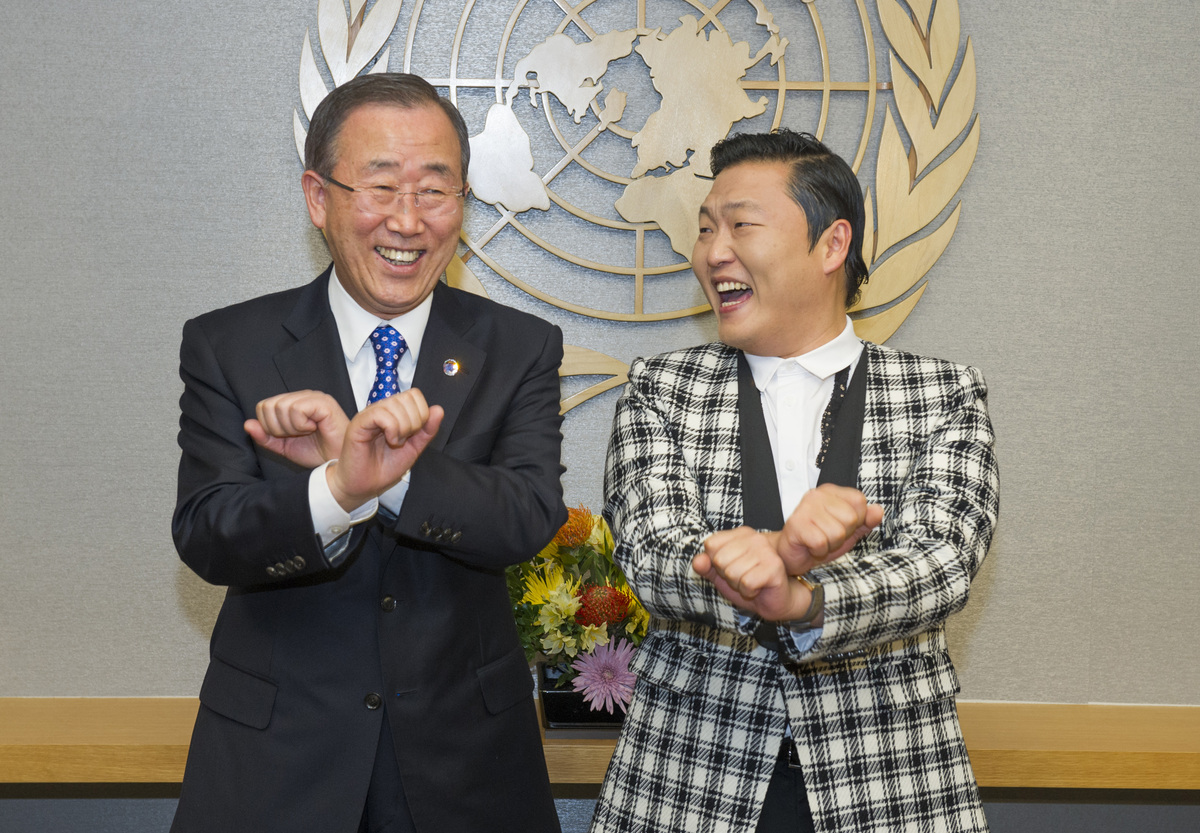Pillar I. Treat Others Well
A Best Delegate leads by example and works to empower others.
People within Model UN committees are trying to represent their position to the best of their ability; a leader recognizes this and instead of dominating the committee conversation, they orchestrate it. When it comes down to it, Model UN boils down to positions, ideas, and compromise. Finding commonality between these three factors is the cornerstone of productivity. A productive delegate can cut to the core of the differing opinions argument and distinguish what they agree with and what they do not. Going one step further, a best delegate then figures out a way to highlight those similarities to push the group forward.
A lot of “gavel hunters” are so focused with winning an award that they forget the reason that the educational purpose of Model UN is to learn about leadership, diplomacy and international relations. This means that a best delegate is primarily concerned about producing a quality product with their team. Therefore, it is important to find the “team players” of the committee: those who want to engage in Model UN to learn and enjoy their experience. This means collaborating with individuals in which everyone is contributing to the well-being of the group.

Pillar II. Be Treated Well by Others
Being a leader implies that there are people willing to follow you.
People who do not treat others well are often times met with contempt in Model UN. Gavel chasers tend to dominate their caucus group by aggressively talking over their fellow delegates and not collaborating. For better or for worse, these delegates will win awards. However, just because gavel chasing tactics can lead to awards, it is merely a short-term success that is unsustainable outside of the standard four day conference. Outside of a Model UN committee, leaders have the ability to garner, maintain, and build respect. It is true that Model UN provide tips and tricks for being perceived as a leader; but, true leadership can lead to genuine and sustainable relationships. Best delegates focus on creating these types of relationships that branch beyond the committee room.
On the college circuit (and on the high school circuit), the reputation of successful delegates will often times proceed them. Sometimes this is a good thing and other times it’s not. However, being aware of this reputation inside and outside of committee can be used to your advantage. If you develop the reputation inside and outside of MUN as a respectable leader who is enjoyable to work with; you then will naturally attract “team players” looking to develop something great, as opposed to the “power delegates”, of who are just looking to dominate conversation.

Pillar III. Treat Yourself Well
There is only one person you can control and that person is yourself.
This pillar is arguably the most important of the three pillars and often overlooked in Model UN training. The idea of “treating yourself well” means that you devote time to developing your own leadership as well as the way in which you react to the world. It is all about focusing on personal development and striving to become better than what one was the day before. In terms of leadership, this means developing self-awareness. By developing self-awareness, we can become our own best teacher.
A lot of times, delegates will judge how well they did in committee based on whether or not they won an award. However, Model UN awards are subjective and are poor at measuring one’s personal development as a leader. The important person to measure yourself against is yourself because that will be the only constant in your Model UN career. This means reflecting up on the things you do well and the things you need to improve upon. It can also be helpful to gather feedback from advisers, friends, and other delegates as to how to improve as a leader. Each Model UN conference is an opportunity to learn about one’s own leadership. Thus, treating yourself well becomes a journey of personal development. Understanding this concept will allow one to focus on learning from their success and failure. The journey of becoming a best delegate becomes more than just winning a wooden hammer. It becomes a journey of learning to treat others well, be treated well by others, and treat yourself well.
My hopes is that these Three Pillars of leadership will make you reflect upon how you approach committee and your values as a delegate. Best of luck on your future MUN endeavors!



